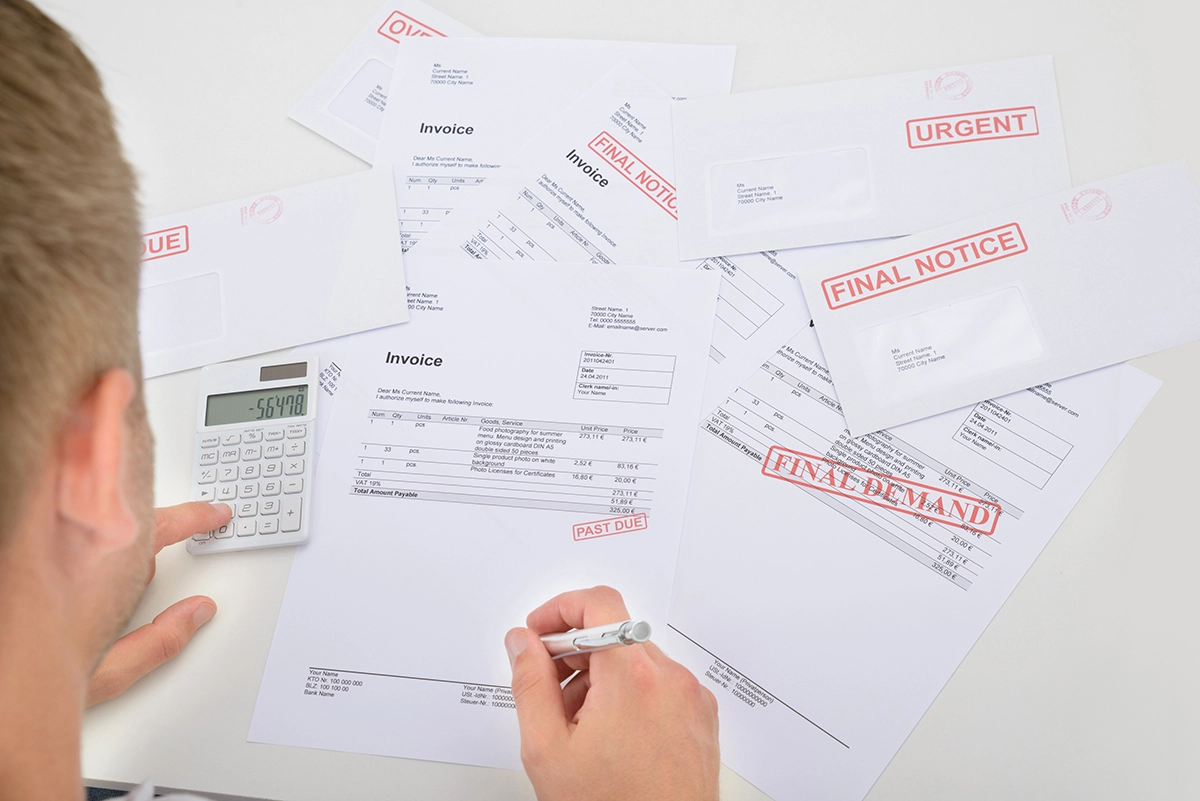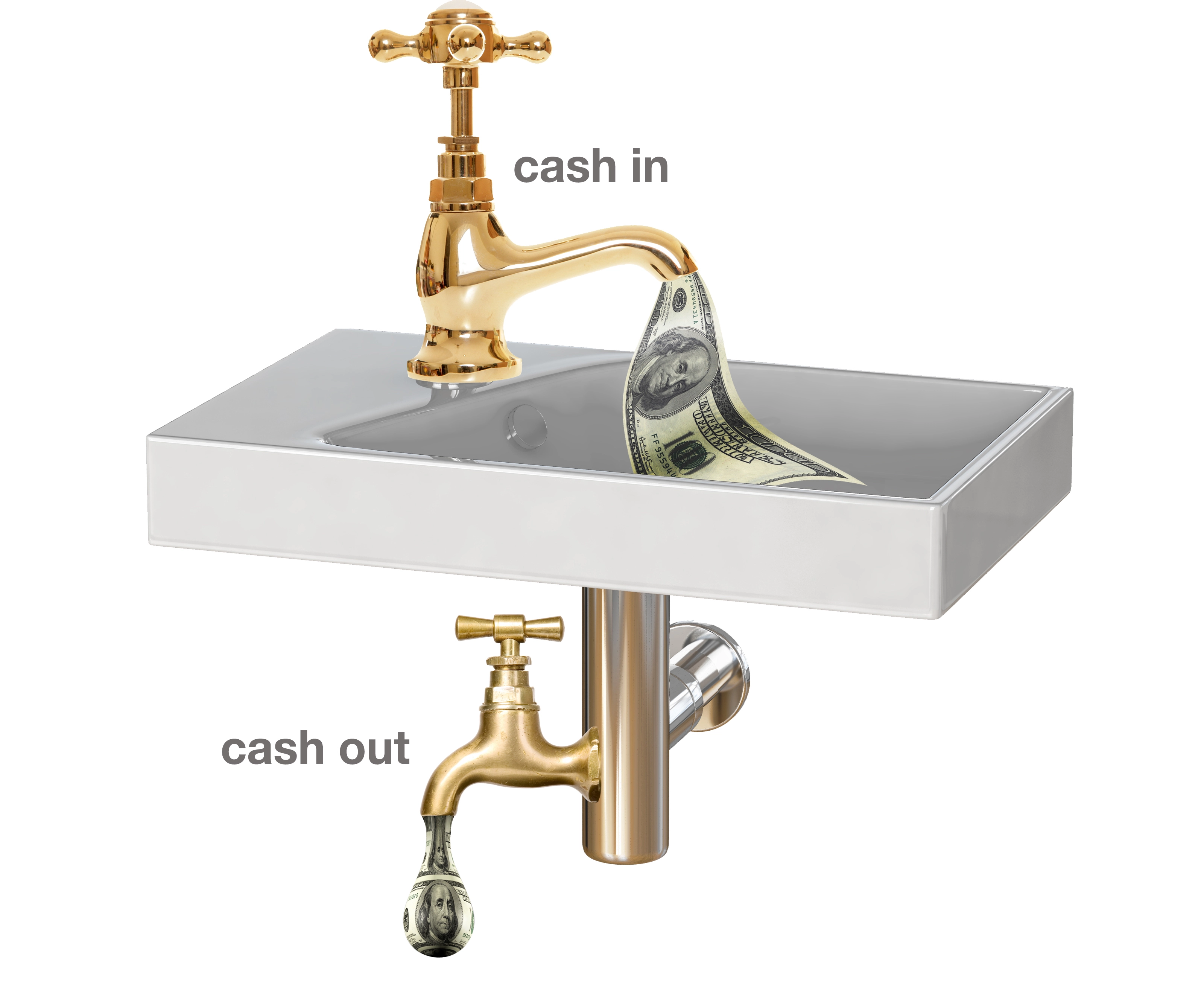Whether you are planning to sell your business to family, employees, or outsiders, you must show a potential buyer clean, accurate financial statement.
You should have clean, accurate financial statements – even if you are not planning to sell your business. They are necessary so that you can analyze them properly to spot major impending issues, such as decreasing cash flow or profitability, and resolve them before they become major crises.
There are 12 common financial statement mistakes that you must avoid. I’ll write about the first three this month. Remember, to present your company well, you must have clean financial statements showing that your company is growing in profitability.
Mistake #1: Operating your Business on a cash basis rather than an accrual basis.
Anyone doing due diligence on your company will insist on your financial statements being reported on an accrual basis. An accrual basis allows a company to record revenue it has earned but hasn’t yet received payment and also to record expenses that haven’t been paid.
Why? In cash-based accounting, you NEVER know whether your company made a profit or had a loss. It creates a sale when you get the money in the door for that sale. It creates an expense when you pay that bill. A potential buyer doesn’t have a clue whether your company is truly profitable.
On a cash-basis accounting method, since you don’t knowingly write checks without money in the bank to cover them, your company is almost always profitable … even if it isn’t.
Even worse, your gross margin is never consistent. You have a financial statement fruit salad. Revenues never match the costs of doing that work in cash-based accounting. So, a potential buyer can’t tell if your pricing is accurate on a cash basis accounting.
Finally, in cash-based accounting, there are no receivables and payables. Your company probably has both. In the due diligence process, the buyer will want to see both of these aging reports – even if the purchase is an asset sale.
Reporting on an accrual basis is easy. In QuickBooks®, just click the accrual basis button rather than the cash basis button. In other software packages, in the setup area, click accrual rather than cash accounting.
Mistake #2: The profit and loss dates don’t match the balance sheet date.
Before you give a potential buyer financial statements, please make sure the dates match. If they don’t, then it is a signal that the financial statements are sloppy and inaccurate. If this happens your bookkeeper is NOT paying attention. It sets up a “red flag” – what else is wrong with the statements?
Here’s how it happens: Your bookkeeper is printing out the year-end financial statements for your potential buyer. She does this on Jan. 26. She prints out the profit and loss statement as of Dec. 31. Then, when she tells the accounting software to print the balance sheet, she forgets to change the balance sheet date to Dec. 31and your accounting system prints the balance sheet as of the 26th of the month.
The dates on your profit and loss statement and balance sheet must match. If they don’t then the information on the two statements won’t be consistent. It’s like trying to install a piece of equipment with the instructions for the wrong piece of equipment.
Mistake #3: The balance sheet doesn’t balance.
It takes five seconds to make sure the total assets match the total liabilities plus net worth. They should always balance – that’s why it’s called a balance sheet.
If you are using accounting software, this mistake is never made unless someone manually enters a one-sided transaction – HINT – and the person is probably embezzling!
Sometimes QuickBooks does get out of balance. You’ll get a notice that says your balance sheet is out of balance. Do you want to rebalance it? The answer is usually yes. Then QuickBooks does whatever it does behind the scenes to rebalance your checkbook.
It’s easy to make sure you are avoiding these first three mistakes. And they are easy to fix. Next month, I’ll write about the following common mistakes.
Ruth King has more than 25 years of experience in the HVACR industry and has worked with contractors, distributors and manufacturers to help grow their companies and become more profitable. Contact Ruth at ruthking@hvacchannel.tv or at 770-729-0258.





